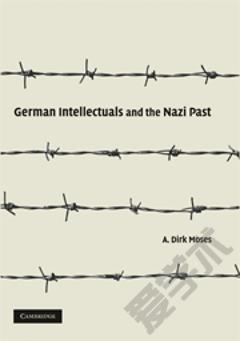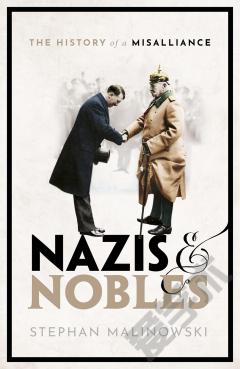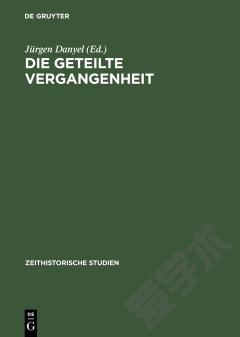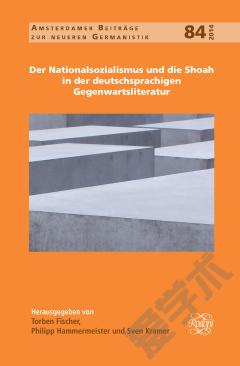German Intellectuals and the Nazi Past
This book analyzes how West German intellectuals debated the Nazi past and democratic future of their country. Rather than proceeding event by event, it highlights the underlying issues at stake: the question of a stigmatized nation and the polarized reactions to it that structured German discussion and memory of the Nazi past. Paying close attention to the generation of German intellectuals born during the Weimar Republic - the forty-fivers - this book traces the drama of sixty years of bitter public struggle about the meaning of the past: did the Holocaust forever stain German identity so that Germans could never again enjoy their national emotions like other nationalities? Or were Germans unfairly singled out for the crimes of their ancestors? By explaining how the perceived pollution of family and national life affected German intellectuals, the book shows that public debates cannot be isolated from the political emotions of the intelligentsia.
{{comment.content}}








 京公网安备 11010802027623号
京公网安备 11010802027623号